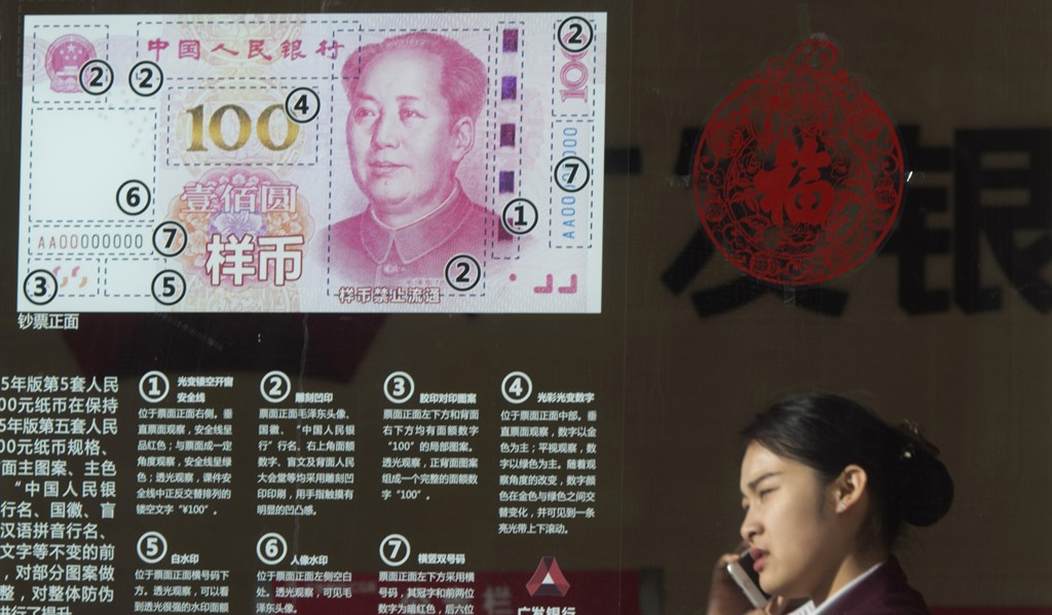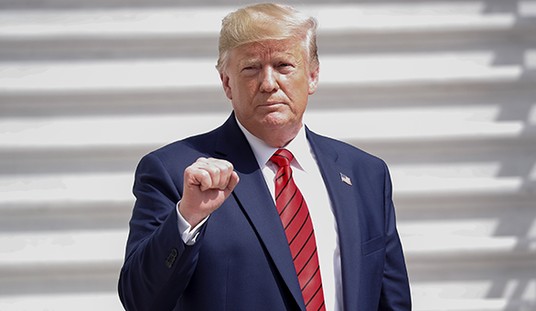China’s economy is tipping into deflation as the nation’s recovery from the COVID-19 pandemic falters.
The anxiety in China’s business sector is growing as comparisons to Japan’s “lost decades” are made. Japan saw a period in the late 1990s and early 2000s where prices remained stagnant and interest rates fell to ultra-low levels. It still hasn’t fully recovered, and now, with a major trading partner entering its own deflationary period, the Japanese economy may also slip backward.
China’s problems stem from the way it ended up dealing with the pandemic. The massive shutdowns of big cities and provinces because of just a few positive tests damaged the economy over a far longer period of time than in the West. And then when civil unrest threatened the government, it quickly lifted restrictions on movement and virtually everything else.
More than 80% of the Chinese population became infected with COVID-19 after restrictions were lifted two weeks before Christmas. China stopped counting infections and deaths months ago, but it’s believed that a million people may have died during the worst of the pandemic.
The Chinese government never offered any economic stimulus to restart the economy. A small stimulus targeted to vital sectors would have gotten the economy off the ground. But without it, the economy sputtered.
“For China, the divergence between manufacturing and services is increasingly apparent, meaning the economy will grow at two speeds in the rest of 2023, especially as the problem in real estate re-emerges,” said Gary Ng, Asia Pacific senior economist at Natixis. “It also shows China’s slower-than-expected economic rebound is not strong enough to offset the weaker global demand and lift commodity prices.”
China’s post-pandemic recovery has slowed after a brisk start in the first quarter as demand at home and abroad weakened and a flurry of policies to support the economy failed to shore up activity.
The consumer price index (CPI) dropped 0.3% year-on-year in July, the National Bureau of Statistics (NBS) said on Wednesday, compared with the median estimate for a 0.4% decrease in a Reuters poll. It was the first decline since February 2021.
The producer price index (PPI) declined for a 10th consecutive month, down 4.4% and faster than the forecast 4.1% fall.
Both exports and imports slowed in July in China with more negative news in China’s gigantic mortgage sector. And consumer spending is lagging as the initial burst of spending after restrictions eased.
“Uncertainties remain in China’s plan to revive consumer spending,” said Fitch Ratings, noting that the plan will largely hinge on a rebound in consumer confidence and local governments’ policy implementation, while details on the measures remain vague.
Investors have been anxiously waiting for policymakers to inject stimulus after the powerful Politburo meeting last month, with the stock market mostly underwhelmed by the lack of concrete action.
“Markets and businesses should get used to the ‘new normal’ in which the Chinese government will avoid rolling out big stimulus,” said Tommy Wu, senior economist at Commerzbank.
“Instead, targeted stimulus will be implemented and most policy measures will focus on the supply side,” said Wu.
Any difficulties in an economy the size of China’s are always worrisome — especially when Beijing’s two main trading partners in Japan and the U.S. are also seeing concerns. China’s deflation certainly bears watching and may become a cause of concern later this year.










Join the conversation as a VIP Member